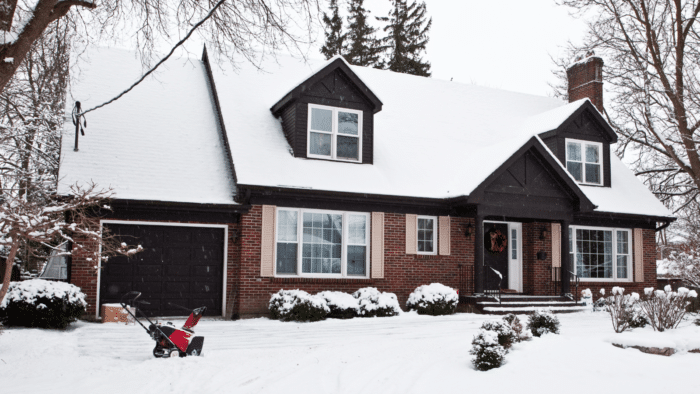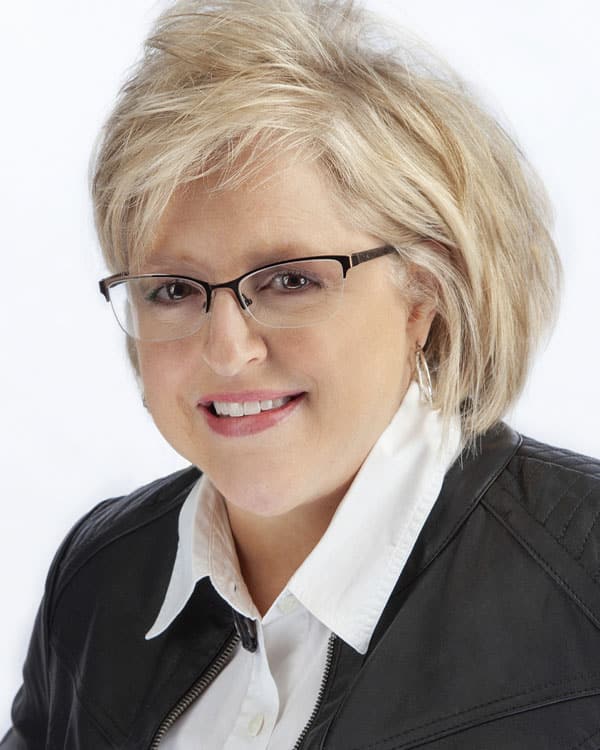Keep Your Family and Home Safe
The winter months can bring a host of dangers to homeowners. From the dry, cold stretches that make up most of the season to the brief, but intense storms with heavy snow and ice, there are several things you can do to keep your family and home safe.
- Have your HVAC system serviced. You have probably already run your heat intermittently, but when the temps stay below freezing for days at a time, it will not get much time off. Make sure the filter is clean and snow does not pile up along the compressor. If you have a gas furnace, make sure snow and ice do not pile up under the vents.
- Have your fireplace serviced. Even if you do not like to use it regularly, keep your fireplace up to code and clean for emergencies where you cannot use your HVAC system.
- Check your carbon monoxide and smoke detectors. Working carbon monoxide detectors are the first defense in the event your furnace or other gas appliance begins leaking. Especially when it is already cold and dreary, you might attribute the sudden desire to take a nap from the weather. Your alarm will let you know otherwise, and you will be able to safely get out of the house to call 911.
- Prepare for bad weather before it hits. Make sure your shovels and snowblower are in good working order and you have salt to spread on sidewalks and steps into the home for mail delivery people and emergency responders. If you have pets in your home that need to go out, use pet-safe ice melt (magnesium chloride pellets). Place pieces of cardboard on the grass right next to the sidewalk and carefully remove each piece when it is done snowing so shorter dogs do not get snow on their bottoms.
- Keep pipes warm. Prolonged periods of below-freezing temperatures can cause infrequently used pipes to freeze and burst, especially those located on exterior walls. Open cabinet doors to areas under sinks (make sure any chemicals kids or pets can get into are stored out of reach) and leave the faucet on a slow drip. If the pipes do freeze, thaw pipes slowly with warm air from an electric hair dryer. In an emergency, snow can be boiled and used as drinking water (to kill germs; this will not remove chemicals).
- Do not use stoves or ovens for heating the house. It does not matter if your appliances are gas or electric, using the stove or oven for anything other than cooking is dangerous. Using a gas oven or fireplace for heating can cause the pilot light to go out and lead to carbon monoxide poisoning if the appliance is gas. Electric stoves and ovens are a fire hazard if left unattended and can have the heating element burn out. It is also an energy drain.
- Do not plug space heaters into extension cords. Plugging a space heater into an extension cord that is not UL-certified can overheat the wires and cause a fire. Even if you use an industrial extension cord, do not run the cord underneath through rugs or furniture because it can collect static electricity and catch fire. Only use electric space heaters with automatic shut-off switches and non-glowing elements. Keep at least three feet away from curtains, furniture, or bedding, or water. Do not place it on top of furniture. Dispose of the space heater immediately when the cord shows signs of wear.
- Use candles carefully. Candles can provide some light and heat when used safely. Keep away from drafts, curtains, and papers. Keep candles, matches, and lighters out of reach of children.
- Keep generators outside. Keep covered from getting wet and at least 20 feet away from windows, doors, or vents. Connect to an outdoor, heavy-duty, outdoor-rated extension cord.
- Weatherproof your home. Caulk and weatherstrip doors and windows, cover windows with plastic from the inside, repair roof leaks, and cut tree branches that could fall on your home during a storm.
- Stock your pantry. Keep plenty of room-temperature foods handy that do not have to be kept refrigerated or heated up to eat safely. Also, keep plenty of bottled water to last several days.
- Invest in a humidifier. Dry air can make for dangerous conditions for people with breathing or skin issues during the winter months. Set up a small humidifier in each room that you frequently enjoy. Follow filling and maintenance instructions to keep mold and other toxins from building up and causing worse issues. You may also have to drink extra water if you are in a high-risk group or keep special creams handy to avoid cracked or infected skin.
Once you have your home ready, check on elderly adults and neighbors to make sure they have everything in place for winter weather. Following these tips will ensure your winter is cozy and bright.





